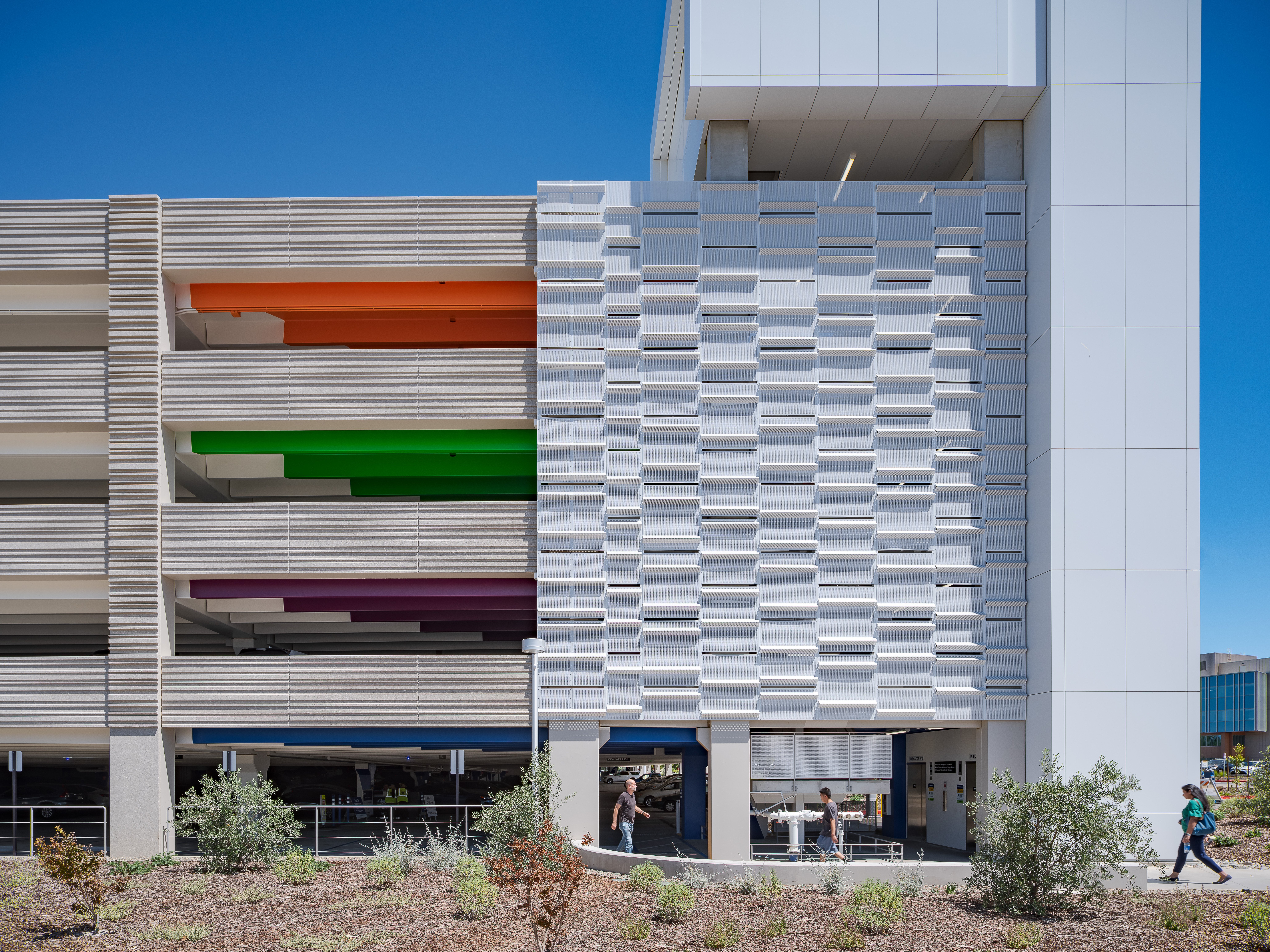This has been the spring of the hacker. Most of us are familiar with the ransomware hack of the Colonial pipeline that led to long lines at some gas pumps and a brief spike in gas prices. The Colonial pipeline hack was just the tip of the iceberg, though. In recent months, numerous federal agencies, including the State Department, the Department of Homeland Security, and parts of the Pentagon were compromised by hackers.
Parking owners and operators need instant access to utilization, billing, and other operational data to run their parking facilities.
And it’s not just government agencies and public utilities that are at risk. One recent study found that more than 300 organizations, including private companies, have been affected by attacks this year.
Why does this matter to parking organizations? In this age of automated parking, data is vital to the efficient and effective management of parking systems and facilities. And often, parking organizations are entrusting that data to outside cloud hosting companies. Those hosting companies are owned and operated by some of the largest digital commerce companies in the world, which employ the most sophisticated online protection available, so it’s easy to let your guard down when it comes to using them.
But if the Department of Homeland Security and the Pentagon can be breached, don’t you think your cloud host can be, too? And what happens if your host is the victim of an attack and forced offline? Or what if, for whatever reason, your cloud host decides to drop you, as several sites experienced last winter?
How long could your operation run without access to your data?
Parking owners and operators need instant access to utilization, billing, and other operational data to run their parking facilities efficiently, effectively, and cost-effectively. Most often, that data is stored digitally online, on cloud servers. Cloud-based storage is an incredibly important element of most parking organizations.
Making data available online permits parking operators and managers to access real-time operational data from their smart phones or computers, from any place in the world. If you’re in a meeting and need quick access to your current occupancy numbers, all you need to do is whip out your phone. If you are putting together your strategic plan, you can access all of your parking trends with the push of a button. What could be more useful for parking operations?
The problem arises when the parking organization doesn’t have ultimate control over the data or how to access it. We’ve all become so dependent on easily accessible data that we can’t imagine not being able to get at it. But that’s a very real risk.
And it’s not just a matter of being shut out by your cloud hosting site. As we’ve learned over the past year, since the pandemic hit, bandwidth poses another challenge. In short, there’s a limited amount of bandwidth, and the more people who are using local networks at a given time, the slower data sharing becomes. Slower transactions times mean less efficient operations. This can be exacerbated when there are issues with the cloud server itself. Latency takes longer with remote servers because the data is going through multiple points, most of which are far away.
That’s why its important for parking organizations to retain control of their own data. With Edge Computing, your data is stored near the physical location where it is being collected and analyzed. Its physical infrastructure that holds onto your data, and it’s particularly simple to use in a parking setting because your PARCS equipment may already have the ability to store your data and provide access to it.
In fact, your PARCS equipment is more than just revenue collection and gates. It’s designed to generate data, host that data, and process it in a setting that assures its security. Not only does it provide instant information about how many customers you’ve had during a particular time period or how many you have at that particular moment, but it also provides information about utilization trends, and it even monitors the performance of all of your access and revenue control equipment to assure that your parking assets are running perfectly. All of that information is available locally, in the equipment itself. It’s completely under your control and accessible whenever you need it.
That’s not to say that you should completely replace web hosting of your data with the Edge Computing elements in your PARCS equipment. The two approaches are entirely compatible and, really, complimentary. Each provides vital benefits that aren’t available with the other. With cloud hosting, you get quick access to your data wirelessly. With the Edge Computing elements of your PARCS equipment, you get safe and secure storage of your data, which is easily accessible through your parking equipment itself.
The hacks of the federal government, Colonial pipeline, hundreds of other organizations this year demonstrate the peril organizations face in the 2020s. The key to data management is control, and it’s important for parking organizations to maintain control over their data to avoid the inevitable repercussions that would arise from having access to that data interrupted. A redundant system with both local and cloud-based storage can help parking organizations avoid that risk.
Chris McKenty is vice president of SKIDATA. He can be reached at Christopher.McKenty@skidata.com.










